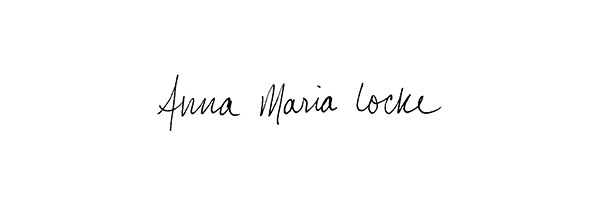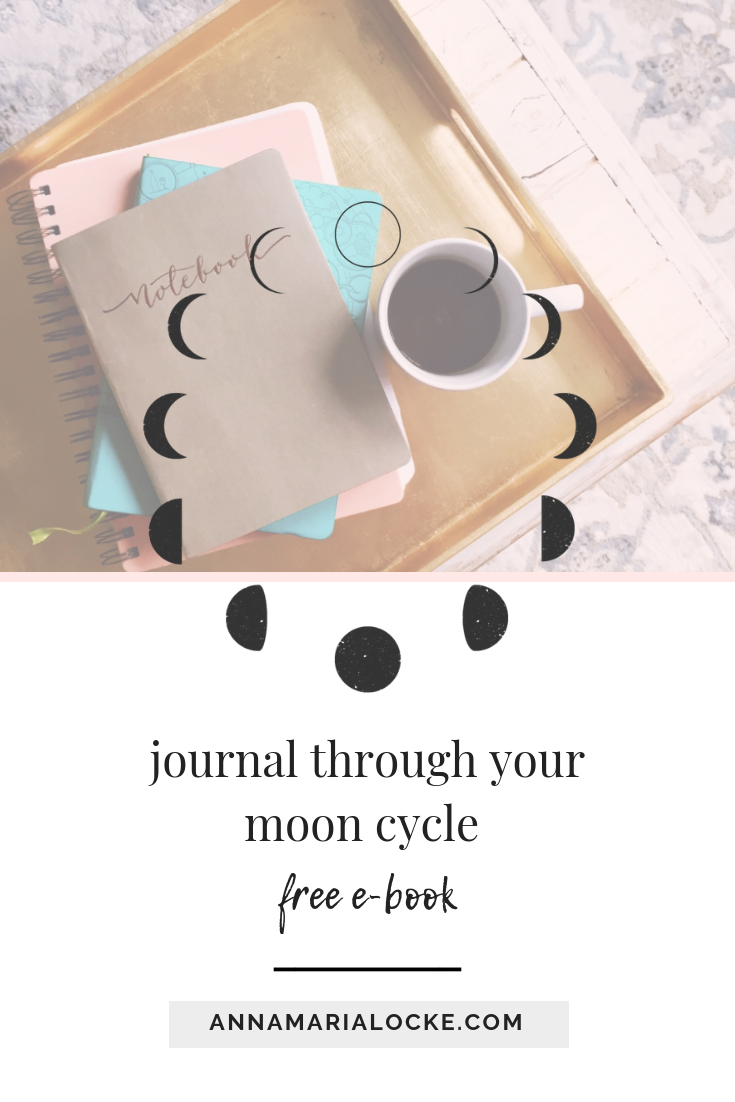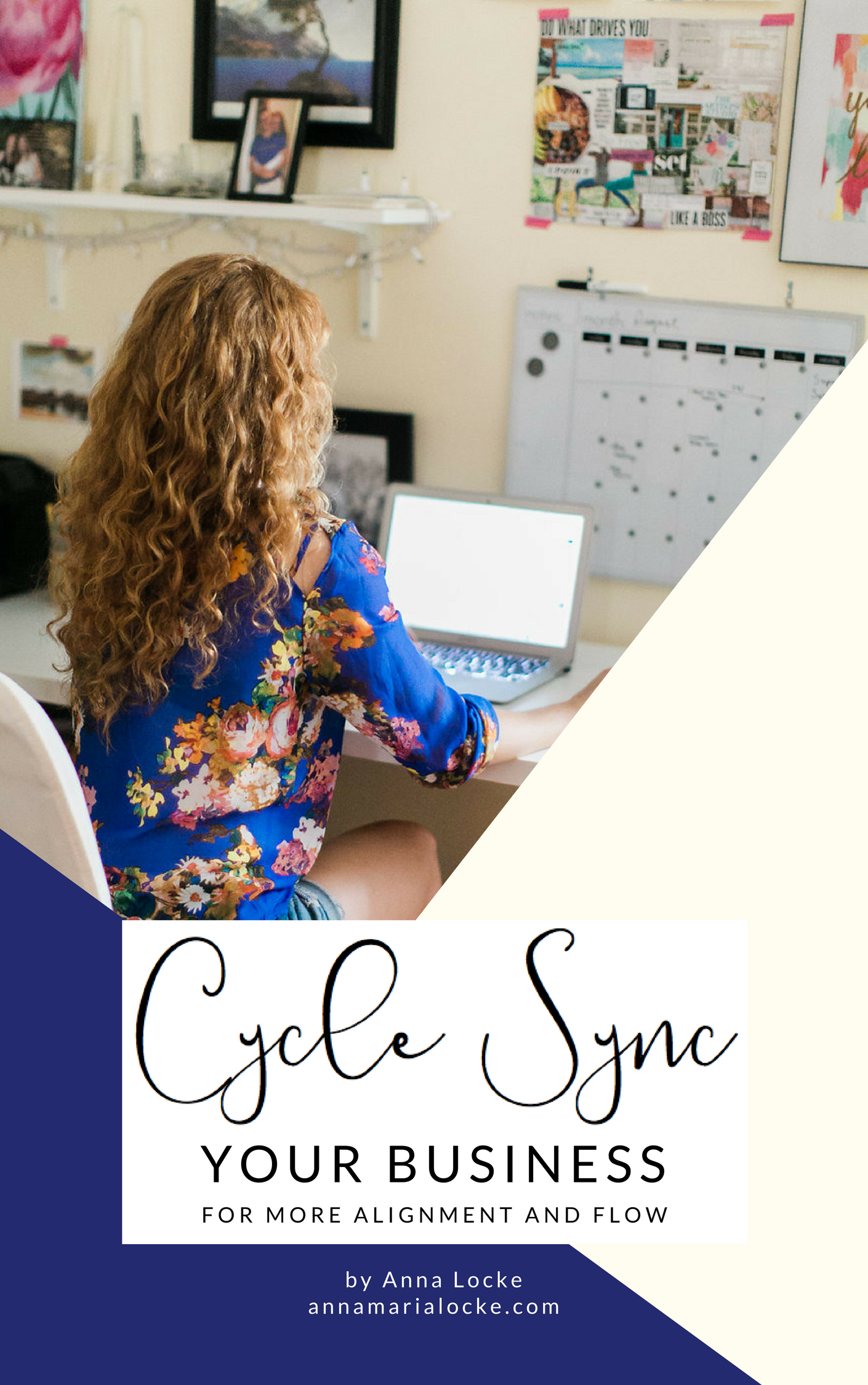I took this photo during one of our last nursing sessions since I knew the end was coming soon
Thomas turned two yesterday, so I’ve been spending a lot of time reflecting on how we’ve both grown over the last couple of years.
Our babies grow up so fast, but we grow just as much in motherhood so it feels like a very personal birthday for me too!
We ended up nursing right up until he was almost 20 months old this past spring, and now that we are on the other side I wanted to share our breastfeeding journey and all its ups and downs, as well as all the things I wished I had known going into it.
My overall philosophy is that the best way to feed your baby is what is the most mutually beneficial to your baby AND you. Whether you nurse, exclusively pump, formula, supplement, combo feed, have to triple feed or tube feed, donor milk, whatever. In a few months they’ll start eating real food and in a couple years all they will want are bagels and goldfish crackers. Like, literally.
So drop any expectations or plans that don’t align with your current reality, especially during a season where your mental health is probably the most fragile it will ever be. Keeping a baby alive is freaking HARD. But it also goes really fast, so take things one day at a time and you will get through it. If you’re struggling, this won’t last forever, you will sleep again and get your life back eventually, and there is light at the end!
And breastfeeding was 100% the hardest part of my first few months of motherhood. At the same time, it was also one of my favorite things I’ve ever done and I would go back and do it all over again especially having the perspective that I can trust my body and it does get easier.
I always knew that barring some unforeseen extenuating circumstance I wanted to exclusively breastfeed. We took the childbirth and breastfeeding class, learned what we could, but it’s the kind of thing that you can’t really prepare for until you’re in it.
What I didn’t consider while doing my own research is that breastfeeding is not just something you do. It’s a partnership. And while you can read all the books, take all the classes, ta to all the mom friends, ultimately you are just 50% of the equation and guess what? Your baby is born with a suck reflex but while they’re hanging out in their watery uterus bubble they are NOT learning how to survive, sleep, or eat outside the womb. Once they’re born it’s a pretty rough shock to their tiny systems and now you have to learn together how to keep yourselves alive.
It’s a steep learning curve!
After Thomas was born, I went through a really intense hormone crash and subsequent wild mood swings. Breastfeeding was the hardest part of my postpartum experience because I was figuring it out, didn’t know if i could trust my milk supply, and the stakes felt really high.
What I would do differently if/when there’s a next time:
Obviously a lot of things you have to learn through experience but the more you can prep beforehand the better. I know that every baby is different too, but I would feel a lot more confident going into things next time just having an idea of what to expect!
Here is what I’d do next time:
-Arrange lactation consultant + postnatal therapy support in advance
-Not be afraid of formula. We ended up not using it because I was terrified of messing up my supply or getting T dependent on the bottle but now that I know I have great supply, I would totally ask Ben to do 1-2 formula bottles at night if I was at my breaking point and needed sleep.
-Know how to use my pump and have a little station all set up. It took me a long time to figure it out because it’s a big learning curve… ask a mom friend to show you how it works in advance! I had a second hand Spectra pump and loved it, although I did need to get different sized flanges to fit me. I also loved using a Haakaa to catch letdown and build up a freezer stash, but because of the pandemic we never even used all of the frozen milk because I was just constantly with T.
-Keep the house stocked with ALLTHESNACKS! Juice boxes, dried fruit and trail mix were my best friends.
-Stock up on gel pads and know to ask for a prescription for All Purpose Nipple Ointment (APNO) aka gold, the regular balms did nothing for me when I needed healing
-Schedule an evaluation with a pediatric dentist AT THE FIRST SIGN of a possible tongue tie
The biggest challenges
We went through the hardest part during the first six weeks. Everything new you have to learn postpartum feels 1000000x harder and more overwhelming.
-latch issues
-nipple pain because of latch issues
-he was born over a weekend so I was discharged before I got to meet with the hospital lactation consultant, then we weren’t able to see another consultant for the first couple weeks
-being constantly attached to the Baby Tracker app, the timer set the schedule for our lives 24 hours a day for a year. I liked having the structure especially in the first few months when life is super chaotic and you have to make sure you get enough feeds in so the baby can gain weight.
-getting a really bad clogged duct that spiked a fever and having to deal with that while taking care of T all by myself. I don’t think I actually got mastitis (when the clogged duct gets infected) but call your doctor whenever you spike a fever and/or feel a lump and pain in your breast!
Tongue and lip ties
After our latch issues didn’t resolve with practice and help from lactation consultants, we ended up getting a tongue tie evaluation with pediatric dentist and this was the BEST decision we made. The experience was very positive, and T was diagnosed with fairly severe ties.
They were able to revise his lip and tongue tie with a fancy laser that same day (he was around 3 weeks old) and the healing process was very smooth. It didn’t improve our latch overnight, but there was a definite improvement within a few days and by 7-8 weeks we were finding our groove and nursing wasn’t excruciatingly painful anymore.
I would 100% recommend getting an evaluation (and if necessary, laser revision) with a qualified pediatric dentist if you are dealing with painful or shallow latch, your nipples look like lipstick, and you have sore or bleeding nipples that won’t heal. Even if your baby is gaining weight! Our pediatrician and two lactation consultants did not catch the ties since he was gaining, thanks to my strong let down and his skill at chugging like a frat boy at a kegger.
Our newborn feeding schedule and routine
We didn’t follow a set schedule with T but did live life in 3 hour chunks thanks to Baby Tracker app. I tracked our feeds until he turned one! It satisfied my inner control freak during a chaotic season when so little seemed in my control, and I am a visual person so loved seeing the times charted out over the course of the week.
Every baby and every parent is different when it comes to co-creating a schedule or routine that works for your family. I say co-creating because as much as we can try to control life, your baby will basically do whatever the heck they want.
In my mind, the two opposing philosophies when it comes to raising a baby are (1) put them on a strict schedule, e.g. Moms On Call, or (2) go with the flow and follow their cues, e.g. nurse on demand/cosleep. And then every flavor in between!
There is no one right way to raise your baby. Follow your intuition and do what makes sense to you.
Because I work for myself (and Ben worked from home starting March 2020) my philosophy was kind of in the middle. We were pretty structured in terms of the timing and routine of feeds and naps, but didn’t follow a schedule based on time of day. Basically went off whenever Thomas woke up for the day, nursed every 2-3 hours (based on his age), and followed the “feed, wake, sleep” routine so he was never dependent on the boob to go to sleep. He definitely ended up falling asleep while nursing sometimes because he’s a baby, but I tried to limit that because he always slept longer when he was in his own bed (vs. being held.. Plus baby snuggles are great for 20 minutes but I personally hate being ‘nap trapped’ because I depend on naps for my me-time or work).
We were nursing 6-7x/day up until 12 months and then gradually started dropping feeds around 13 months. I was afraid he’d be attached to the boob forever, but it happened pretty fast!
He was still waking up around 3am to nurse right up until his first birthday, then gradually started sleeping through the night more and more nights each week.
It’s actually interesting to go back and look at the data from the freaking Baby Tracker app. He was sleeping through the night (until 5-7am) from 4 months until 7 months… at around 9 months he must have had a sleep regression and started waking up at 3 or 4 consistently.
We never really “sleep trained” because he slept good enough for me to survive, and I quickly realized that every phase would always pass, so I tried to ride out the tough times and be extra grateful for the easier ones.
TEETH
One of the big questions I had before having a baby was, “how do you breastfeed once they get teeth ??!!”
Thomas was an early teether. His bottom teeth popped through at 4 months, and for one day I was in total despair, convinced our breastfeeding journey was coming to an end because he bit me a few times and I started to feel so on edge. Nursing a tiny piranha in fear is not fun, ha. I quickly figured out he only bit at the end of a nursing session once he was done, because when they are actively sucking the baby’s tongue covers their lower teeth and it’s impossible to chomp. So just avoid the lazy unlatch! Whenever it looked like he was slowing down I’d pop my finger in his mouth and unlatch him. But overall once the teeth came through he didn’t bite anymore.
What I loved the most about breastfeeding
I know this post is mainly focused on the challenges of breastfeeding but I do want to share what I loved the most, because although it was a rough start it ended up being one of my favorite parts of the baby stage and I didn’t want it to end! I am so grateful I was able to have the experience of my dreams.
The snuggles and bonding are just so precious. I know you can snuggle your baby with a bottle, but what you can’t know until you experience it is how it feels to get the “letdown,” which is when your baby’s sucking (or crying, or another baby’s crying…) triggers a hormone surge that forces the milk to start flowing. For me it felt like a tingly rush and a wave of sleepy contentment would come over me. It’s kind of like being under the influence of a substance, but with a clear head.
The oxytocin and prolactin released during nursing or pumping are very beneficial to a new mom’s mental health, which was important to me because I did go through some postpartum depression and anxiety.
Finally, it was really nice to have regular built-in times of the day where I was forced to sit down and chill, put my feet up, simply BE, and process life. I need lots of processing downtime in order to thrive and be my happiest especially during times of fast change and transition.
And of course the convenience of being able to whip out a boob, not have to wash bottles or pack formula and snacks while traveling or on the go.
Nursing/pumping clothes
I want to mention that I didn’t end up dropping a ton of cash on specialized “nursing clothes” and it is totally not necessary! I had a few clip down nursing bras, a few clip down tanks, and ended up wearing a lot of stretchy cami’s I could just pull down. By the end I would just wear normal shirts and pull them up because it was the pandemic and so I actually didn’t end up nursing in public much at all. Obviously things are different if you are pumping at work and need to look professional, in which case I’d look for second hand as much as possible since like maternity clothes, you might only wear these clothes for one season.
If you need to dress up, I liked finding stretchy wrap front dresses that are appropriate for post-breastfeeding life too.
When did I get my cycle and period back postpartum?
My period came back around 5 months postpartum, literally the first night we moved Thomas from his bassinet to his crib in the nursery. It’s like my body sensed the baby was gone and immediately went back into go mode. We had been going longer stretches at night between feeds for a while (like, 5-6 hours?). From everything I’ve heard from other moms, there is literally no rhyme or reason as to when your cycle returns postpartum and exclusively breastfeeding doesn’t always affect it. I was actually really happy to get my period because cycle awareness is very important to giving me a sense of rhythm in my life and I missed not having a period for over a year! It made me feel a little untethered to my body and lost.
Weaning
Technically, weaning starts as soon as you start introducing solid foods, but I didn’t really feel like we were officially weaning until we started dropping feeds after one year.
After hitting 12 months, feeling so relieved that we had made it to my ultimate goal!
Our pediatrician said breastmilk was supplemental, not nutritive, going forward and I felt like the heavens opened and angels were singing because it changed the game because the pressure was off my body to keep a human alive, and we could nurse purely for the snuggles and bonding.
At that point we were offering 3 meals and 2 snacks, and I’d just nurse him before each meal and then before bedtime.
We slowly dropped feeds between 14-19 months until we were down to nursing on one side, for 1-3 minutes, only at bedtime. And my supply just adjusted!
I was prepared to go indefinitely but It ended up being a “best case scenario” in that Thomas decided to wean himself. We sort of did “don’t offer/don’t refuse” except I kept offering because I wanted to nurse, and Thomas started rejecting the offer.
It was a little bittersweet, but ultimately nice to have my body and freedom back! And the flexibility to have Ben able to take over wake ups and bedtime.
Emotions and mental health during weaning
I am actually going to save this for a Part Two of this post, because I have a lot to say about how weaning affected my mental health!
Stay tuned and thanks for reading :) If you made it this far, I hope this post has been helpful to you in some way!
xo Anna












